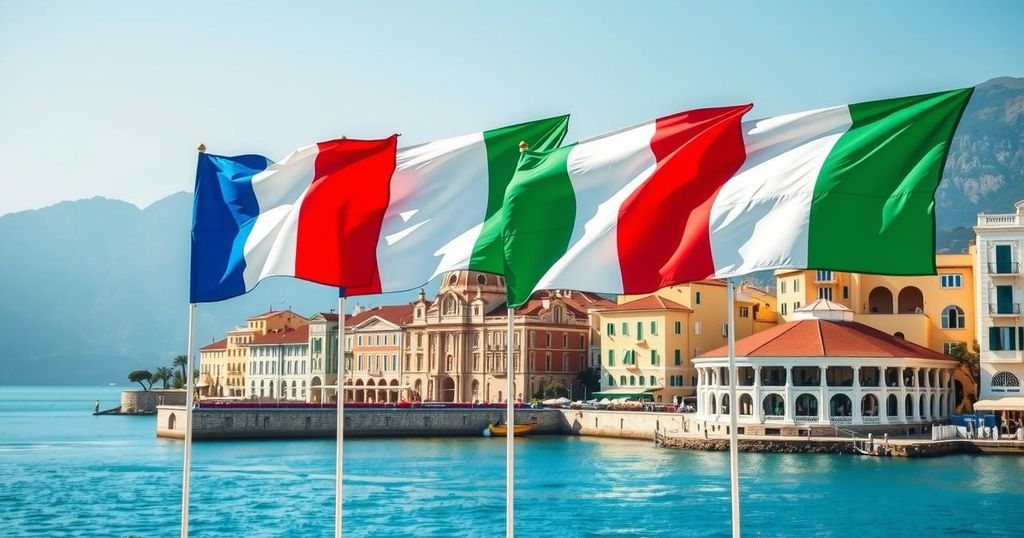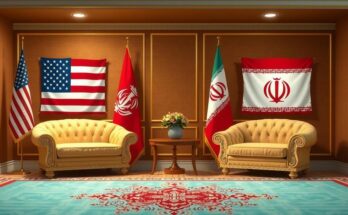The Trump administration has revoked all South Sudanese visas, citing the government’s failure to accept their citizens’ return. This withdrawal jeopardizes the safety of South Sudanese individuals amid ongoing civil unrest in their country, deepened by governance issues and aid cuts. The expiration of temporary protected status further complicates their predicament.
The United States has reversed its stance towards South Sudan by revoking all visas for its citizens, citing the government’s failure to accept the timely return of its nationals. This decision places South Sudanese individuals in jeopardy as they confront the possibility of returning to a nation teetering on the brink of civil strife, thus eliminating their access to U.S. sanctuary amidst ongoing conflict at home.
Since achieving independence from Sudan in 2011, South Sudan has struggled to provide essential governmental services, which has drastically impacted its 11 million citizens. The prolonged conflict has left the population notably reliant on international aid, which has been further compromised by the Trump administration’s reductions in foreign assistance.
The U.S. had previously offered temporary protected status to South Sudanese individuals due to the ongoing insecurity in their homeland. However, this status is set to expire on May 3. The civil strife prompted by the rivalry between President Salva Kiir and his deputy Riek Machar erupted shortly after independence, leading to significant violence and loss of life.
Since the onset of civil war in 2013, which resulted in hundreds of thousands of deaths, efforts towards lasting peace have been fragile. Despite a peace agreement initiated in 2018, its terms remain unfulfilled, with postponement of presidential elections and Kiir’s continued leadership exacerbating tensions. Machar’s recent arrest followed a militia rebellion, signaling a resurgence of conflict that the U.N. has likened to past civil wars.
The problematic governance in South Sudan has been compounded by corruption in the oil sector and negative impacts from regional conflicts, particularly in neighboring Sudan, which has hindered oil exports. Additionally, worsening climate conditions have led to displacement and weakened already inadequate educational and health services, further complicating the humanitarian situation as U.S. aid has declined.
The recent visa revocation starkly contrasts the prior supportive relations between the U.S. and South Sudan, particularly during the nation’s path to independence. Young South Sudanese individuals pursuing education opportunities in the U.S. are now caught in uncertainty due to this policy change. The State Department has indicated that no new visas will be issued until full cooperation from the South Sudanese government is observed.
In summary, the U.S. revocation of visas for South Sudanese immigrants reflects a dire shift in diplomatic relations as internal instability in South Sudan resurfaces. The country’s long-term challenges, including ineffective governance, rampant corruption, and humanitarian crises, are compounded by the withdrawal of U.S. support and the expiration of temporary protection status. This situation leaves South Sudanese citizens in precarious positions amid worsening conditions at home.
Original Source: spectrumlocalnews.com




